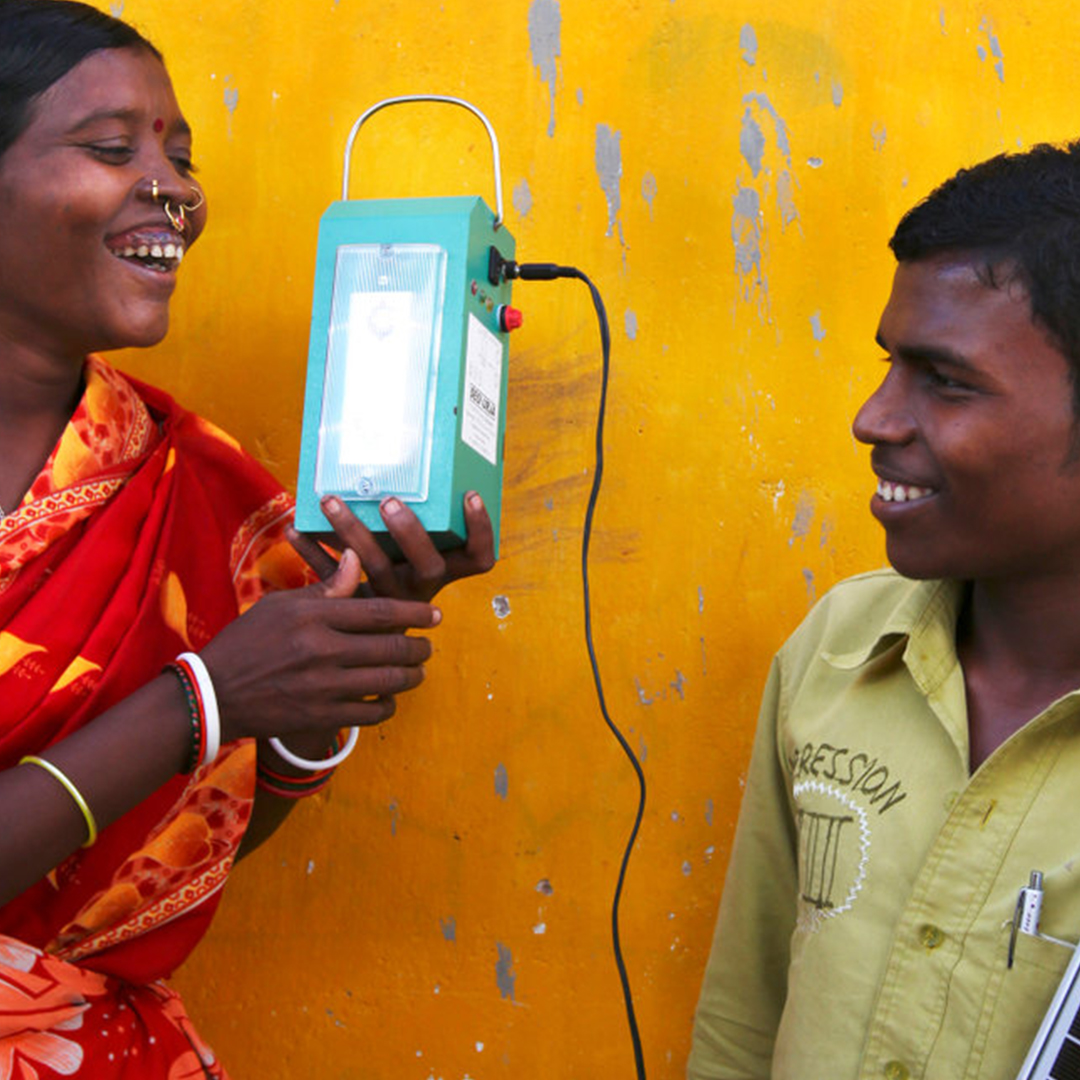Author: Linda Nowlan, Senior Director, UBC Sustainability Hub.
Did you know that government delegates can spend an hour over the placement of a comma in an official outcome document? Or about the plethora of side events? All these details can make climate meetings hard to follow.
It's even more difficult when you're there in person for the first time trying to figure out what events to attend, where to find the latest news, and how to make the best use of your time.
The Sustainability Hub has prepared this set of resources for UBC delegates and for citizens who want to get involved.
A guide for citizens
For an overview of what happens at the meeting, start with this brief description of what happens at a COP.
International climate law and science
Here’s where the acronyms get deep. For background on the climate treaty regime, the official United Nations Framework Convention on Climate Change (UNFCCC) website is an excellent launch pad. The site’s resources include the set of climate treaties, starting with the UNFCCC (1992). Preventing “dangerous” human interference with the climate system is the ultimate aim of the UNFCCC.
The UNFCCC website describes the key documents in plain language and has short videos explaining more recent agreements, such as the Paris agreement. That Agreement starts with a commitment by Parties to ‘strengthen the global response to the threat of climate change’ by ‘holding the increase in the global average temperature to well below 2ºC above the pre-industrial levels and pursuing efforts to limit the temperature increase to 1.5ºC above pre-industrial levels, recognizing that this would significantly reduce the risks and impacts of climate change.”
Each of the 197 countries that is a signatory or Party to the Paris Agreement determines and reports on its Nationally Determined Contributions (NDCs). See Canada’s latest NDC. Canada pledges to reduce emissions by 40-45% by 2030 compared to 2005 levels, and states the government’s commitment to reduce emission to net-zero by 2050.
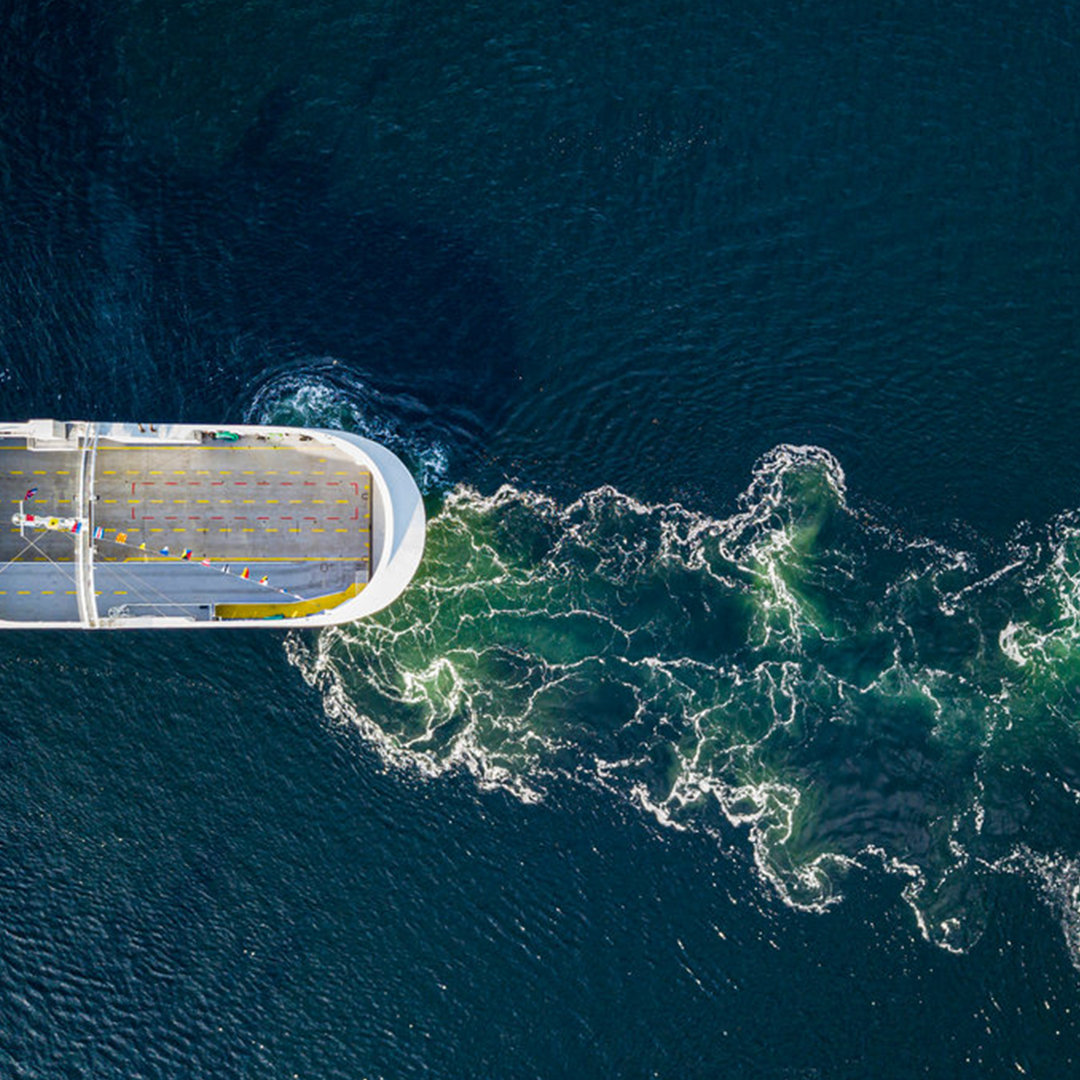
Climate negotiations are informed by science, collated by the Intergovernmental Panel on Climate Change (IPCC). This is the UN body responsible for assessing the science related to climate change, whose reports are a key input into international climate change negotiations. The IPCC’s comprehensive Assessment Reports examine knowledge on climate change, its causes, potential impacts, and response options.
The most recent IPCC report, the AR6 Synthesis Report: Climate Change 2023, is the final installment of the IPCC’s Sixth Assessment Report and is “an atlas of human suffering and a damning indictment of failed climate leadership” as described by UN Secretary-General António Guterres.
“This Synthesis Report underscores the urgency of taking more ambitious action and shows that, if we act now, we can still secure a liveable sustainable future for all.” - IPCC Chair, Hoesung Lee.
This 2 minute video explains the work of the IPCC and the 6th Assessment report. Another short video explains the influential IPCC “Special Report on Global Warming of 1.5ºC”.
Canada has played a key role in increasing transparency of international negotiations through the IISD and ENB. For example, a recent IISD article titled The Paradox of Pledging: Is more flexibility enough? examines NDCs and notes there is no international oversight of their content and few rules governing what an NDC should contain; in other words, it is up to each country to decide.
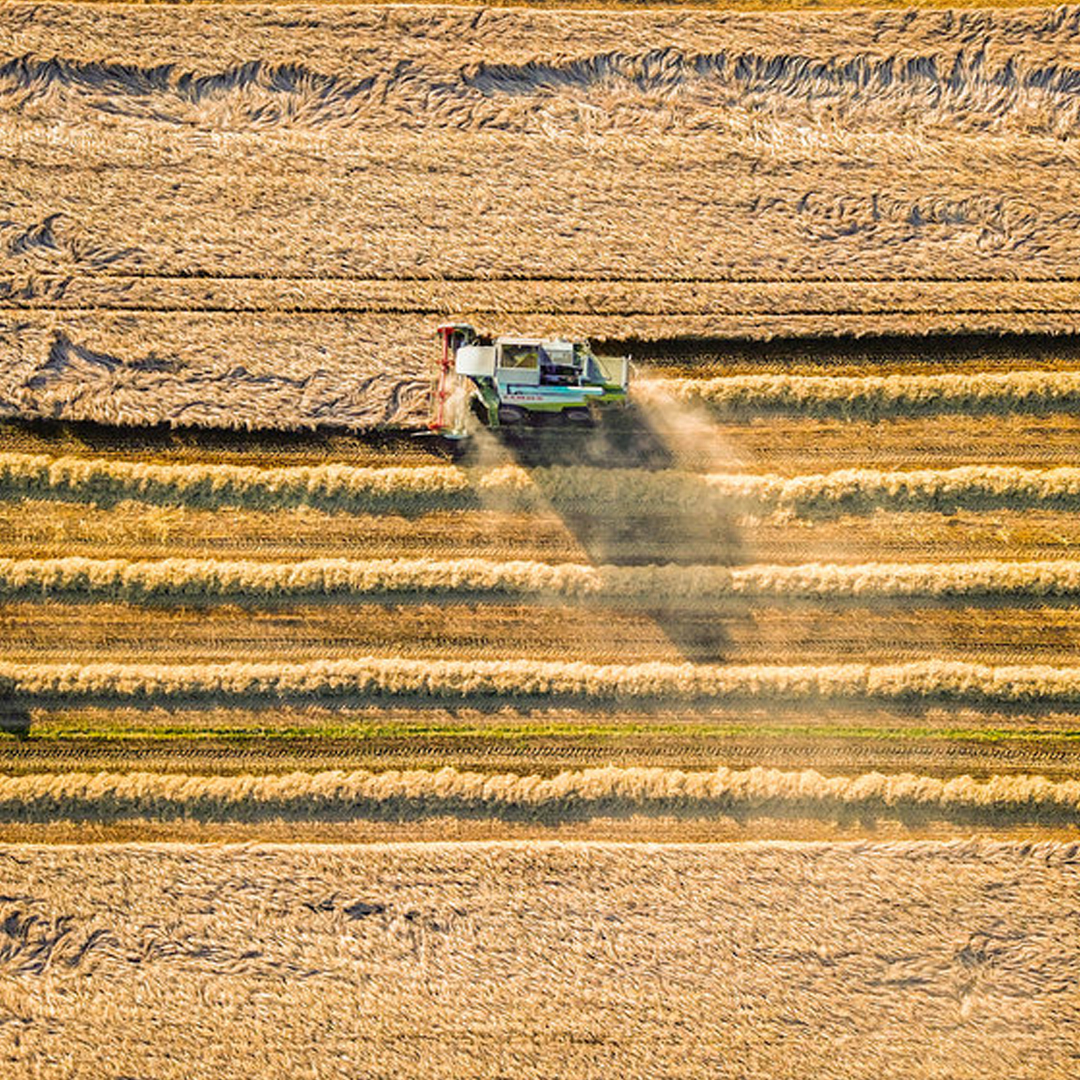
More resources
- The Climate Transparency Report 2021 annual review of G20 countries’ climate action based on 100 indicators for adaptation, mitigation, and finance
- Climate Outreach, an NGO with a focus on public engagement with climate change, and great visuals
- The Carbon Disclosure Project a global disclosure system for investors, companies, and more
- The Potsdam Institute for Climate Impact Research, the Stockholm Environment Institute and the World Resources Institute are top environmental think-tanks
- Carbon Brief, which sends out a daily briefing newsletter and had a week-long special series on climate justice probed issues of great interest at UBC.
- In-depth Q&A: What is ‘climate justice’?
- Which countries are historically responsible for climate change?
- The lack of diversity in climate-science research
- Climate justice: The challenge of achieving a ‘just transition’ in agriculture
- Researchers: The barriers to climate science in the global south
- Guest post: An Indigenous peoples’ approach to climate justice
A guide for delegates and observers attending COP in-person
Going to a COP in-person adds even more complexity.
Official government delegates have a defined role — to follow the instructions of the head of delegation, usually a top official in either the foreign affairs or environment department.
Observer delegates, of the kind UBC delegates are, have the role of witnessing the negotiations and participating in the many side events that occur during the conference.
Fortunately, there is an excellent guide to being a delegate. Becoming a UNFCCC delegate: what you need to know was published by the IIED in the UK in 2016 and acknowledges that ‘attending UN climate negotiations for the first time is daunting’ as the process is ‘notoriously complex’.
Published in conjunction with Climate negotiations terminology: the pocket guide which demystifies acronyms, buzzwords and legal terms, these toolkits help everyone understand what happens at the UNFCCC negotiations.
UBC delegates to COP26 and COP27 give helpful advice for future UBC COP attendees in this short video.
In addition, RINGO and nonprofit organization Second Nature prepared a very useful webinar series on “Preparing for the UNFCCC Negotiations,” two of which are highly relevant for any UNFCCC COP event. They aim to update the series with a "Key Issues to Watch" for each upcoming COP event. The group Care About Climate also created a free, self-paced International Climate Policy and Advocacy Course that prior UBC delegates found useful to prepare for COP.
An observer’s role is more limited than a delegate, as they have no official role in the negotiations, though some may be invited to address the government delegates.
There are several categories of observer organizations, including universities like UBC. Transparency is greatly improved through observers, who report on and follow the negotiations closely and form their own alliances and networks.
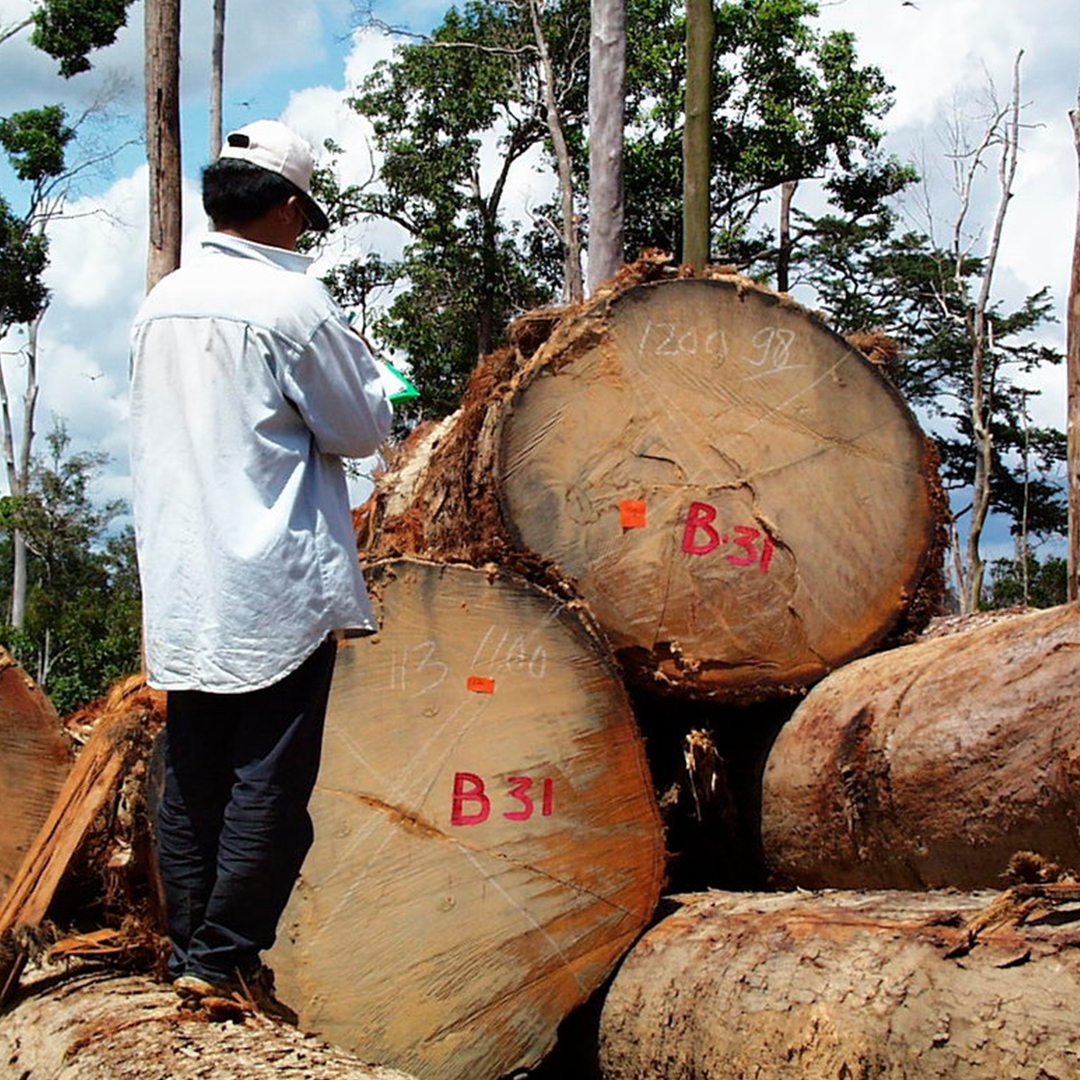
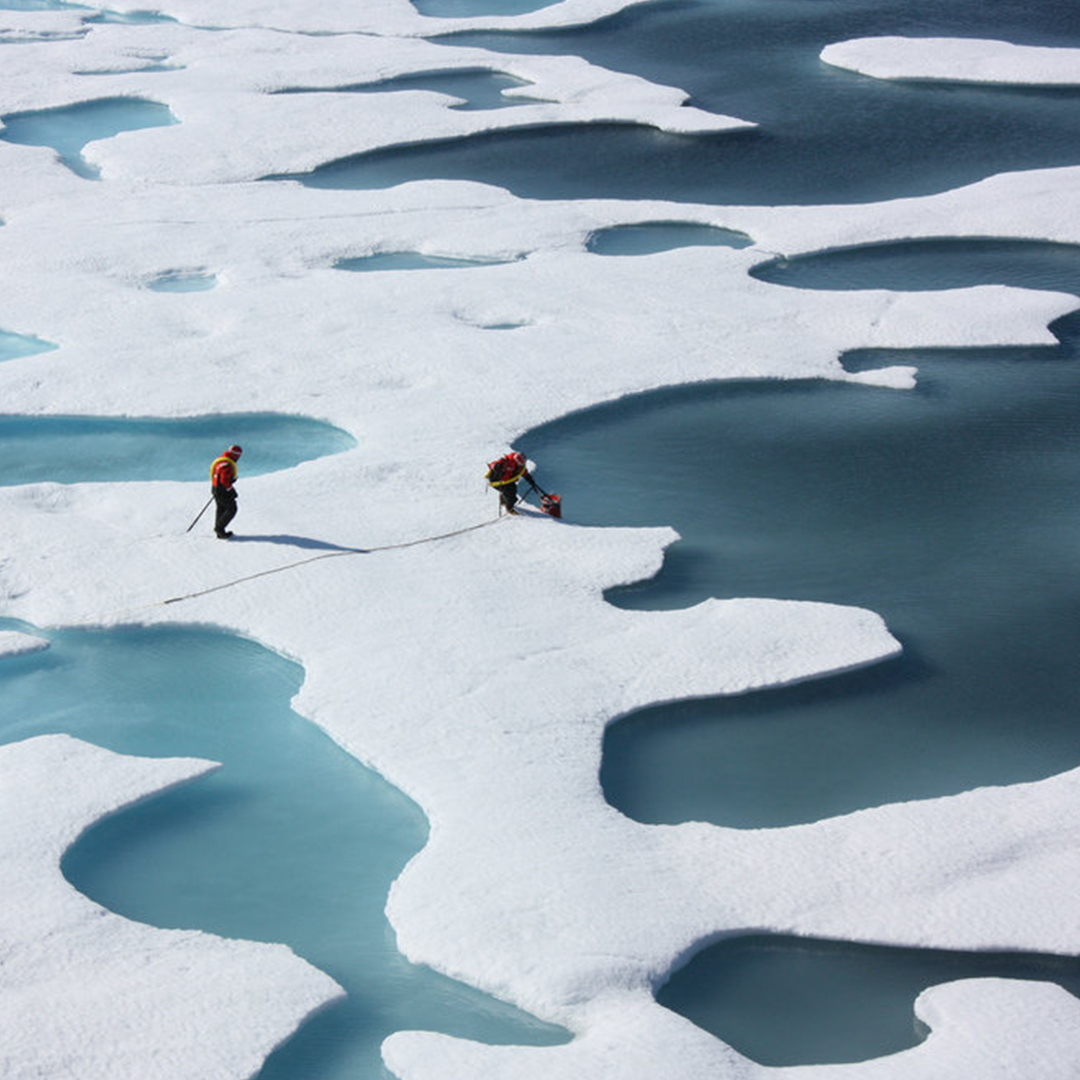
Much of the action will be in the “side events” rather than the official government negotiations. These are put on by civil society, business, governments of all levels, Indigenous organizations, and intergovernmental organizations, among others. Closer to the date, side events and exhibits will be found at the UNFCCC’s (SEORS) web page and on the official COP28 website.
The Near Future – a Novel that Blends Fact and Fiction
Finally, after browsing through all these official government documents and bureaucratese you might want a good story to illuminate what it's all about. The Ministry of the Future is a novel by Kim Stanley Robinson, an absorbing story of a future that is just around the corner if we don’t act.
The Ministry of the title is the user-friendly name for a climate change oversight body, created (fictionally) at COP29, designed to “work with the Intergovernmental Panel on Climate Change, and all the agencies of the United Nations, and all the governments signatory to the Paris Agreement, to advocate for the world’s future generations of citizens, whose rights, as defined in the Universal Declaration of Human Rights, are as valid as our own. This new Subsidiary Body is furthermore charged with defending all living creatures present and future who cannot speak for themselves, by promoting their legal standing and physical protection.” That official body was renamed by the press as “the Ministry for the Future,” and as the novel reports the name stuck.
US political commentator Ezra Klein (Vox) said "If I could get policymakers, and citizens, everywhere to read just one book this year, it would be Kim Stanley Robinson’s The Ministry for the Future." It is an eerily accurate tale of how climate change affects the world now, the power interests that maintain the status quo, the disruptors agitating for change, and the many working for change in Ministries of the Future all over the globe.
A choice lies ahead. The IPCC is clear that a 1.5 degree future is possible. Collective action by Nations, governments and individual is the only path towards a sustainable future.
Former US President Barack Obama also chose The Ministry for the Future as one of his favourite books of the year: his words offer both hope and a call to action for the decision-makers at COP:
"We are the first generation to feel the effect of climate change and the last generation who can do something about it." - US President Barack Obama
Writing a new ending to this story will need to include the voices that have historically been left out of climate talks, from the human and non-human communities that share the planet.
